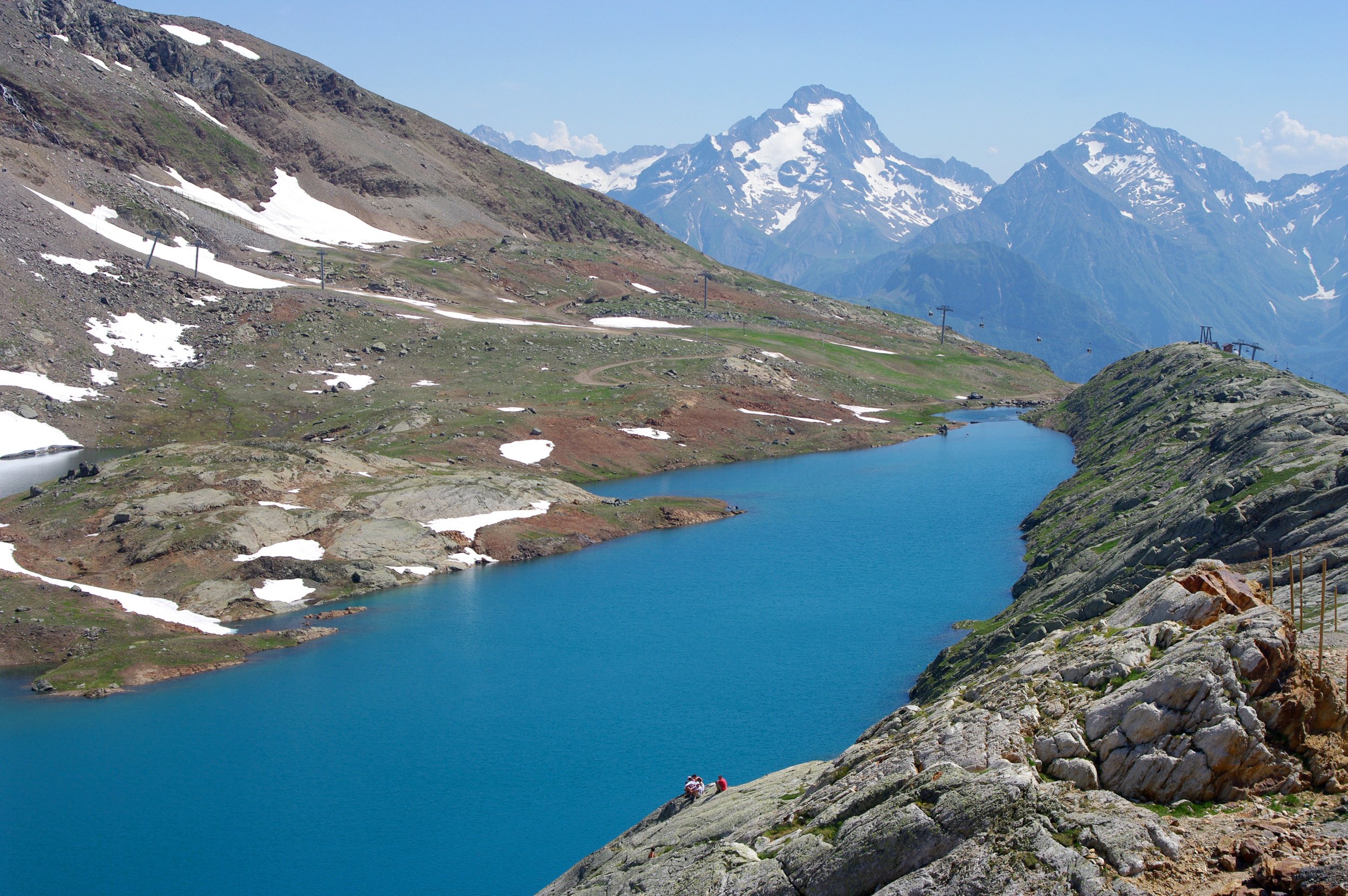How many of these have you done, or would like to do?
by Doug Brodie
In this blog:
Don’t retire until you want to
The sweet spot in retirement
/1 Don’t retire until you want to
Chris Froome won the Tour de France four times, the Giro d’Italia once and the Vuelta twice. In 2017 he won the Tour and the Vuelta back to back, an incomparable achievement. He is a professional cyclist member of Israel-Premier Tech team. He is 38, he had a big, big crash in 2019 and has been recovering since then, coming 3rd in the crippling Alpe d’Huez stage of the Tour last year:
His team, Israel-Premier Tech, has thirty professional riders, and in June they announced that Chris was dropped from the squad of eight racing the Tour for them. This was his reply:
“I respect the team’s decision and will take some time before refocusing on objectives later in the season and returning to the Tour de France in 2024.”
For Chris retirement is something that his body and mind are yet to demand, and even at the age of 39 next year he’s clearly encouraged by the American Chris Horner who won the Vuelta in 2013. He was 41.
In another sphere, one where the physical demands are a little less ... hmm ... demanding, Robert Redford announced his retirement after making his last movie in 2018, “The Old Man and the Gun”:
“I can’t last forever. The truth is that I really do feel that it’s time for me to move into retirement. I’ve been doing this since I was 21. I’ve put my soul and heart into it over the years. I thought, ‘That’s enough. Why don’t you quit while you’re a little bit ahead? Don’t wait for the bell to toll. Just get out.’ So I felt my time had come and I couldn’t think of a better project to go out on than this film.”
/2 The sweet spot in retirement
For those of you without kids you might want to skip to this article, however in working every day with people in and around their 50’s/60’s/70’s, there is a pretty clear pattern of how things pan out.
Every client we take on, bar none, starts with a financial planning exercise that helps map out future lifestyle costs and how that is paid for. If you’re a client you’ve already seen in a zoom call how we can compare different strategies side to side, calculate annual tax year by year, and likely capital values at death.
What appears as a pattern starts with the kids (eventually) heading off after education and in the first (or second) employment. At that stage weekends away and other short breaks tend to occur, and events we’d always ridiculed such as flying to LA just to see part of the Grateful Dead playing, or Boston to see James Taylor in his home-town, or England’s cricketers in India next January, or New Zealand in December ’24.
At the planning stage we are often asked how things would work if the holiday budget were to be increased, say by an extra £10/£20/£50k per year? We plug in the data and the answer is what it is. Next, when we then sit down with the clients a year later, we always find that that extra expenditure has not been made. For some reason the idea of spending that cash doesn’t translate to what we actually do. There are several reasons.
Firstly, for most folk, extravagantly overblown hotels like the George V or the Savoy are great for a night in town, but way too stiff and impersonal to stay for any period of time. This is the Ritz’s idea of afternoon tea – I don’t know about you but for me you can’t beat a mug of tea at home in the kitchen, and the suggestion that anyone would drink champagne at 3pm with scones is just the Ritz’s way of mugging tourists.
So while you’re exploring nearby cities and moorland with your freedom, the next thing that happens (if you’ll pardon my generalisation) is the kids get married (sometimes) and deliver a grandchild (sometimes). We see that once the blessing of a grandchild has been delivered, then life tends to become home-centric again. Please don’t howl, I’m not suggesting this as your road map, it’s simply an observation of how we see many clients’ days of freedom working out.
So there’s a time between post-education and pre-grandchildren that might be your sweet spot when your time is unfettered. Remember that much as you might regret your lessened physical abilities now, in ten years’ time from now you’ll be wishing you were as fit as you are today. So if you haven’t got anything in your diary for the next year, here’s where you can start:
Now until 20 August 2023 Royal Academy Summer Festival
Sept/Oct 2023 Monet’s garden in Giverny avoiding the tourists
20 August 2023 Pebble Beach Concours d’Elegance, California
19 Sept 2023 Swan Lake at La Scala, Milan
4-28 August 2023 Edinburgh Festival
16 August 2023 Palio di Siena, Italy
30 August 2023 La Tomatina, Valencia
Sept / Oct 2023 Rugby World Cup, France
October 2023 the Dali Museum, St Petersburg, Florida
To November 2023 Venice Biennale
November 2023 Ocean Colour Scene
The National Portrait Gallery, newly re-opened
Dec 2023 Hansel & Gretel, Royal Opera House
January 2024 Dusseldorf Boat Show
January 2024 Up Helly Aa, Lerwick, Shetland Islands
January 2024 Kite Festival, Gujarat
February 2024 Icehotel, Jukkasjarvi, Sweden
13 Feb 2024 Mardi Gras, New Orleans
Jan to May 2024 Madama Butterly, The Met, New York
March 2024 cherry blossom in Nagoya and Osaka
January 2024 aurora borealis, Juutua, Finland.
April 2024 US Masters, Augusta, Georgia
September 2023 Ryder Cup, Italy
October 2023 one day international world cup, England/Bangladesh in Dharamsala
November 2023 Melbourne Cup, Australia
January 2024 Australian Open tennis
February 2024 Super Bowl, Paradise Nebraska
March 2024 South by Southwest, Austin, Texas
May 2024 Indy 500
May 2024 Monaco Grand Prix
June 2024 Le Man
June 2024 Euros, Germany
July 4 2024 Calgary Stampede, Alberta
July 2024 Olympic Games, Paris
July 2024 Tour de France
July 2024 Wimbledon
2024 Vienna Opera





